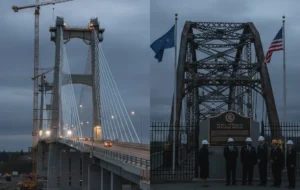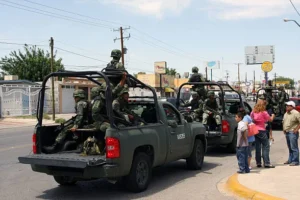Tensions between Israel and Iran have sharply elevated following a second night of heavy cross-border attacks, resulting in mounting civilian casualties and threats of further military action. Sirens sounded across multiple Israeli cities overnight as Iranian missiles targeted central and northern regions, prompting Israeli air defenses into action.
In the Palestinian-majority town of Tamra, a house partially collapsed after being struck, while in Bat Yam near Tel Aviv, a 10-storey residential building was heavily damaged. At least six people have been confirmed dead in Bat Yam under rubble as rescue operations continue.
In response, Israel launched a wave of retaliatory strikes deep into Iranian territory, marking what appears to be the first attack on the country’s energy infrastructure. The Israeli Defense Force targeted Tehran’s Shahran oil depot, triggering a fire that was later contained.
Iran’s oil ministry confirmed that fuel production and distribution remain operational despite the attack. Additional strikes reportedly hit a defense ministry facility in Tehran and another in Isfahan, though Iranian officials say there are no confirmed casualties so far.
Israeli military spokesperson Avichay Adraee issued public warnings in Persian urging Iranian civilians to evacuate areas near suspected weapons production sites. In Tehran, where Israeli strikes have become increasingly frequent, fear is mounting among residents.
The Israeli government has justified the strikes as necessary to weaken Iran’s nuclear ambitions. Defense Minister Israel Katz explained that the Iranian dictator is turning Tehran into Beirut. Iran, however, accuses Israel of sabotaging diplomacy.
Foreign Minister Seyyed Abbas Araghchi claimed that upcoming nuclear talks with the US were derailed by Israeli aggression and accused Washington of complicity. With at least 10 Israelis and 78 Iranians reported dead in recent days and hundreds more injured, the situation remains volatile.










